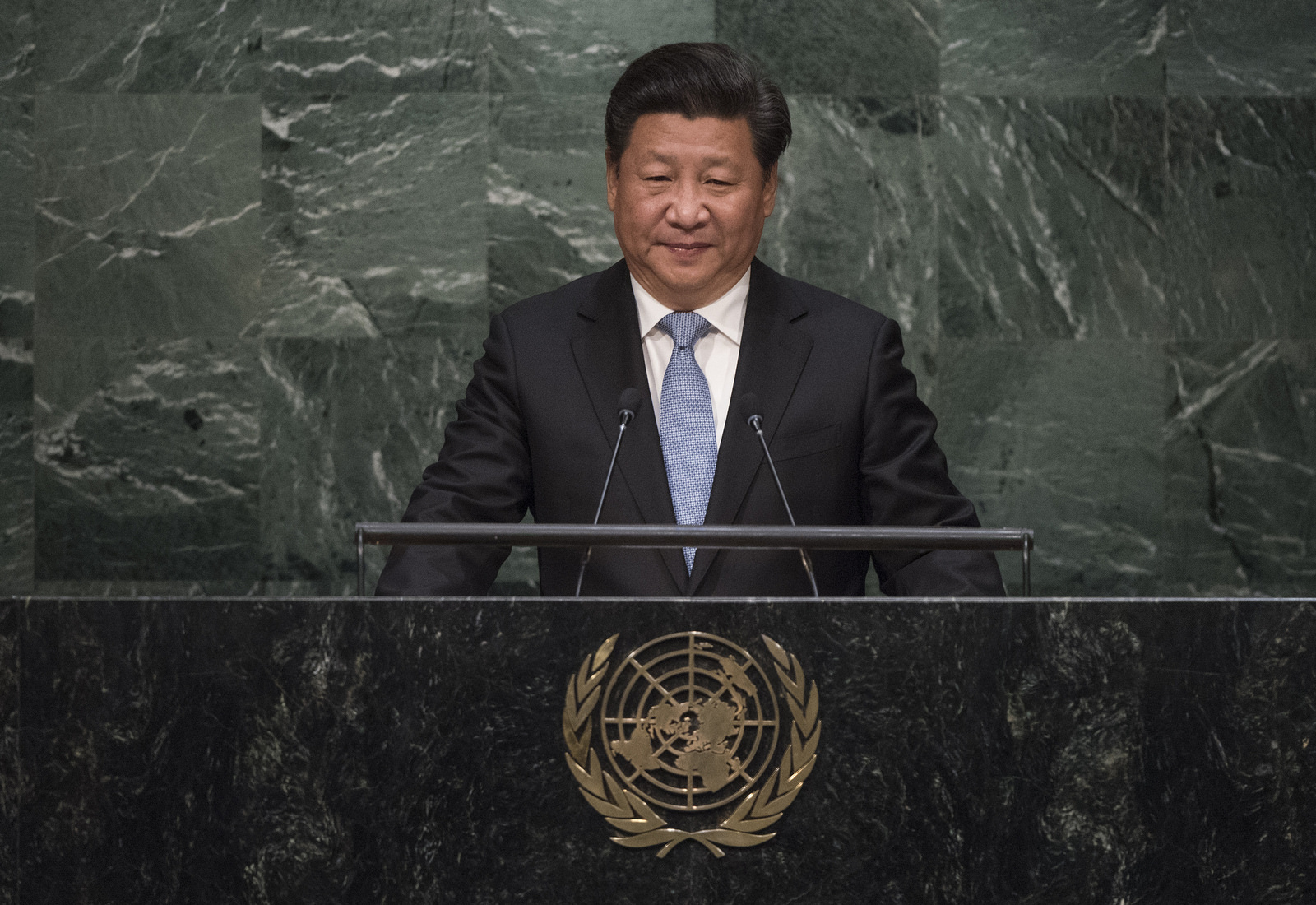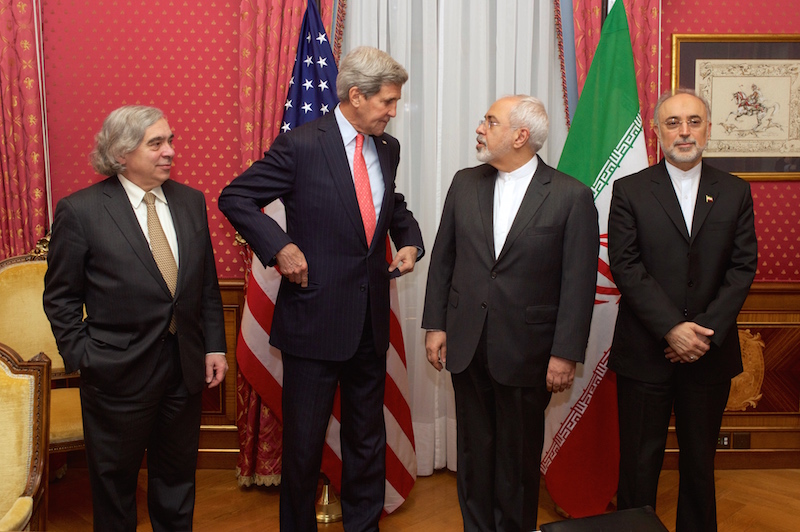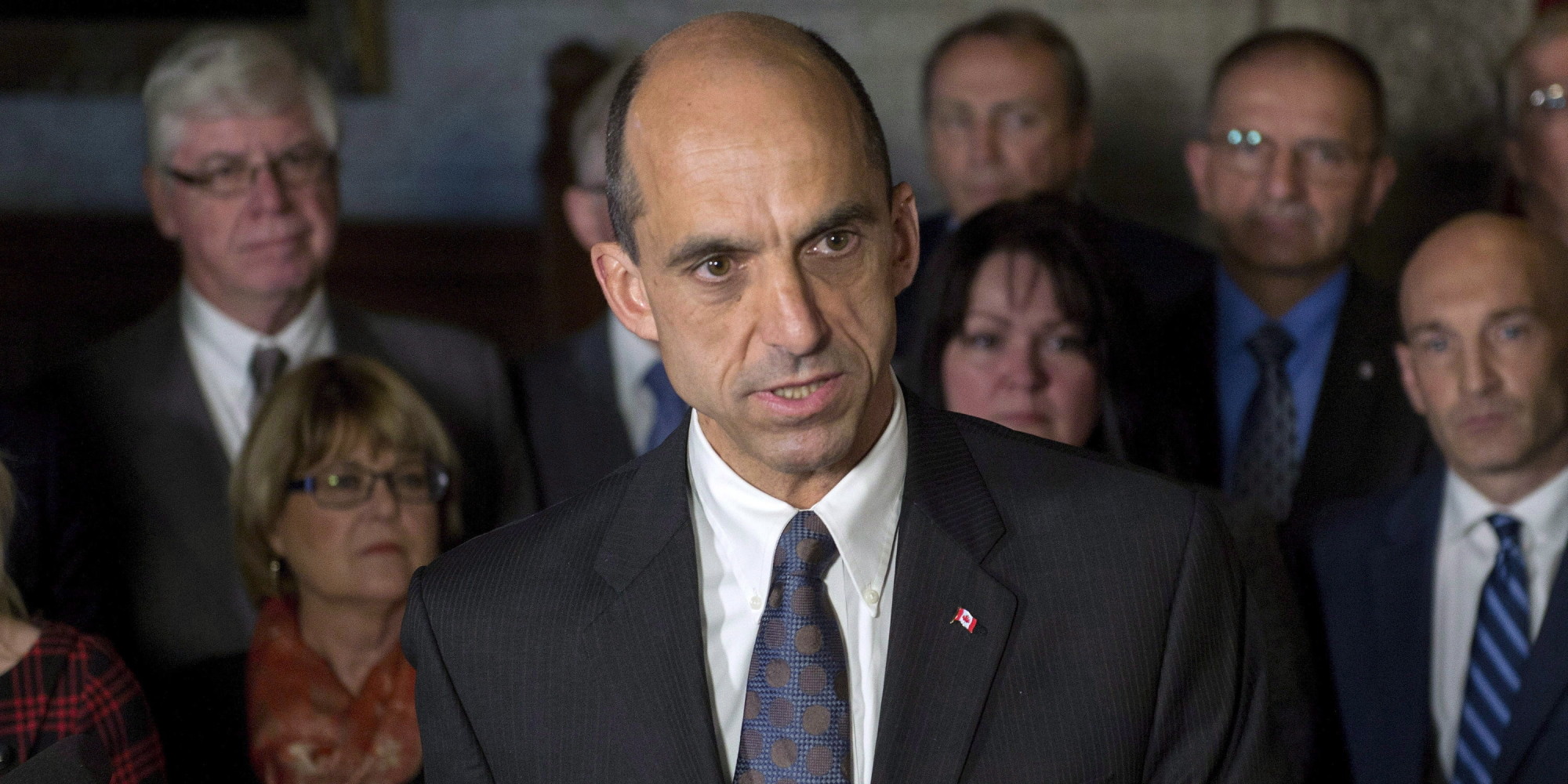Xi’s September speech at the United Nations
It is only under Xi Jinping, that China has sought to deploy combat forces with a security-enforcing mandate under the United Nations.
The address by Xi Jinping at the United Nations General Assembly on September 28, 2015 followed a state visit to the US, where concerns over cyber-security and the South China Sea ensured that ties between the United States and China remain uneasy. Recent commentary in the US has focused heavily on China’s challenge to the IMF through its Asian Infrastructure Investment Bank (AIIB) and the nationalist overtones of a major military parade commemorating the 70th Anniversary of the end of World War II. In contrast, the UN speech gave Xi the opportunity to reaffirm China’s decade-long narrative of a ‘peaceful rise’ and demonstrate support for the post-1945 international order, embodied by institutions such as the United Nations.
In his speech, President Xi surprised many observers with a major announcement of a substantial increase in China’s troop contribution to UN peacekeeping and stability operations. At present, China provides over 3,000 of the more than 106,500 UN troops, police and advisers, making it the ninth biggest contributor of peacekeeping personnel in the world. Xi’s address committed China to a contribution of 8,000 troops towards a United Nations peacekeeping standby force. Over the last few months, China has begun to leave the remaining four permanent members of the UN Security Council (US, Russia, UK and France) behind in terms of overall troop commitments, a move not lost on UN Ambassador Samantha Power.
In addition, the speech also confirmed that China would provide $100 million in military assistance to the African Union in the next five years to support the establishment of an African standby force and to boost its capacity for crisis response. As the security situation in Burundi deteriorates, this fund may already be coming into use. With over a million Chinese living in Africa, Beijing’s substantial economic engagement with the continent is now being backed up by a military component via its UN peacekeeping deployments. However, as highlighted above, the nature of this peacekeeping role is not simply military, but also economic, allowing China to consolidate its influence on the continent.
China committed to intervention under the UN
China is now committed to intervention under the UN and President Xi is pushing for further engagement. This is a situation that would not have been thought possible in 1990. With the largest standing army in the world, China’s efforts to engage with the United Nations could go a long way towards alleviating the chronic personnel shortages that impede the success of peacekeeping deployments. As China increasingly modernizes its armed forces, the UN system will also benefit from well-equipped and modern forces in its quest to protect civilian populations under threat. This is surely a positive outcome.
China, on the other hand, will gain more than simply international prestige from increased overseas deployments. In spite of its size, the People’s Liberation Army remains one of the least experienced and most corrupt armed forces in the world. Beijing has not fought a major conventional war since 1979, so committing to international peacekeeping operations as in South Sudan provides invaluable field experience in conflict zones. Above all else, the presence of hundreds, even thousands of PLA service personnel in developing regions, such as Africa, will give Beijing both diplomatic and political influence alongside its substantial trade links.
Beijing has recognised what the West has long known: military intervention means leverage and power. In committing to UN operations China will gain influence, experience and power but will do so with an international mandate.




